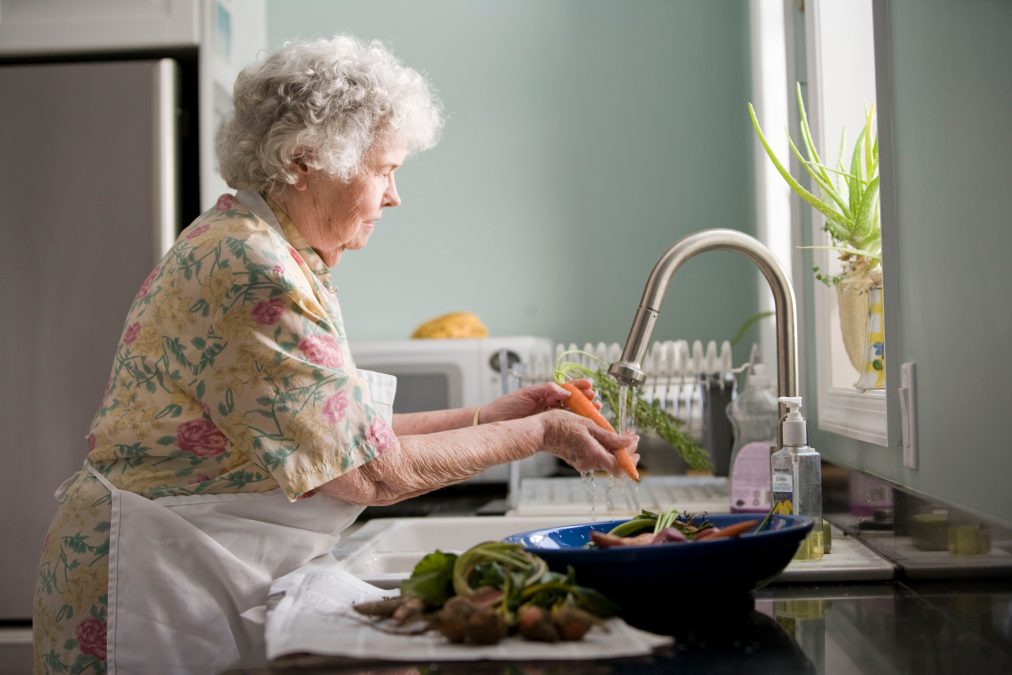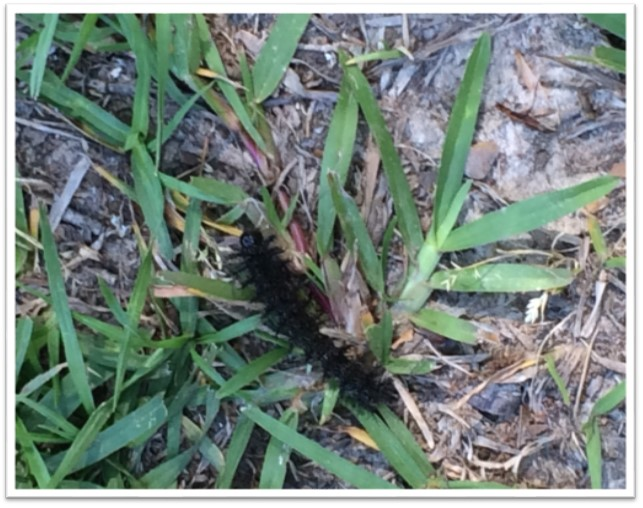
Hospitalizations drop as state sees 2,562 new cases
December 24, 2020
Thibodaux Police warns of vaccine scams
December 24, 2020“There is holiday depression, which is related to feelings of loneliness and separation from loved ones or memories of times that you’ve had in the past with others. So it can be very difficult,” said Lisa Schilling, a licensed master social worker and Executive Director of the South Central Louisiana Human Services Authority (SCLHSA).
“But when you add a pandemic on top of that, where you’ve already somewhat been isolated from others or from family members, it can make it much, much worse,” she continued.
SCLHSA, which covers seven parishes including Lafourche and Terrebonne, provides addictive disorder, developmental disability and mental health services as well as primary care services.
The organization also has a 24-hour hotline (1-877-500-9997), which Schilling said has received an increase of callers with feelings of anxiety, frustration, loneliness and despair.
“It really reaches across all different age populations as well,” she noted. “So we see a lot of that in the elderly of course, and then also in adults and even some children.”
Whether it’s canceling visitation or taking the lives of friends, COVID-19 has affected the mental state of many of the nation’s elderly.
One in four adults ages 65 and older reported anxiety or depression in August, a rate which has been relatively constant since the pandemic started in March, according to an October article by the Kaiser Family Foundation. The rate is “substantially higher” than surveyed elderly in 2018, the report says.
“Older adults have been especially impacted by the coronavirus pandemic, as they are at higher risk of serious illness if infected and account for 80 percent of all COVID-related deaths. Current public health guidelines recommend older adults limit in-person social interactions as much as possible,” the article reads. “While this is effective in limiting exposure to disease, it contributes to social isolation and loneliness.”
And the report also notes, “our analysis finds that older adults reported anxiety or depression in August 2020 at a lower rate than younger adults under the age of 65 (24% vs. 40%).”
Due to the financial strain that the pandemic has caused, with the nation seeing high rates of unemployment claims since it started, a significant amount of parents aren’t able to place as many gifts under the Christmas tree this year.
“The first thing that [parents] really need to do is to be able to talk to their children and let them know what’s going on in the family unit, let them know that there have been changes: they may have lost their jobs or they’ve had some financial setbacks,” Schilling said. “Tell them that no matter what, they are still safe, they’re part of the family and they’re loved.”
For adolescents, who have had limited social interaction with schools shutting down this year, COVID has taken a significant toll on their mental health as well. An October 2020 report by the Psychiatric Times used the findings from parents and students who were surveyed in multiple countries where quarantines were implemented to conclude that “COVID-19 is affecting the mental health of children and adolescents and that depression and anxiety are prevalent.”
“We’re seeing a few more children in our sites as well, who are missing seeing their friends. Some of them have not been in school; they’re doing virtual,” Schilling shared. “So they’re missing that socialization.”
In addition to having conversations with their children, parents can engage in virtual activities with their children this holiday, such as games, museum tours and educational resources, Schilling said.
“These are opportunities to actually be sitting one-on-one with a child and spending time doing some activities to try and take their mind off of the feelings that they have,” she explained.
If the feelings of depression persist, Schilling encourages parents to reach out to a mental health care provider.
“We have kept all of our clinic sites open during the pandemic for crises, for walk-ins and those individuals that need a medication review,” she highlighted. “But we also increased telehealth services and also telephone services — so individuals that may not have access to a computer or laptop or internet can call in on their telephone and speak with a provider.”
As the Centers for Disease Control and Prevention (CDC) and other health agencies recommend not traveling and not holding large gatherings for the holidays this year and winter brings a condition known as “seasonal affective disorder,” a type of depression connected to the changes in seasons, Schilling said it’s crucial to check on loved ones at this time of year — whether through a simple phone call or video chat.
“I can’t think of anything more important right now with what’s going on in our world, that you reach out and keep in contact with individuals that you care about and know,” she said. “It’s a lifeline for a lot of people, especially our older adults, to be able to talk to them, hear their voice.”
“You may not feel comfortable talking to them about their concerns, but you should attempt that first,” Schilling added. “Let them know that you’ve noticed a change in their behavior and that you’re always there for them and if they want to talk, you’ll do that…If you feel there’s something different in the way your conversation is with them, then you address it, try to talk to them about it and get them help if it’s needed.”
More information on the South Central Louisiana Human Services Authority can be found here.
Feature photo by the CDC.











